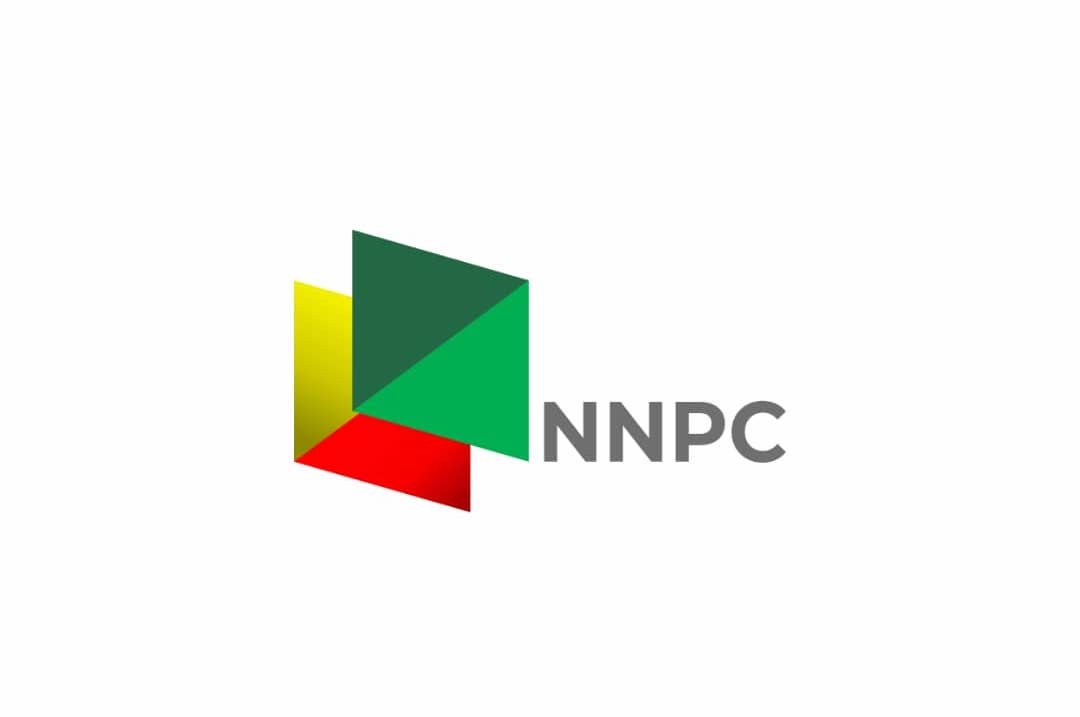Abraham Felix
Nigerian boxing, a sport steeped in history with iconic figures like Dick Tiger, Hogan ‘Kid’ Bassey and Samuel Peter, faces a stark contrast between its glorious past and its current struggles. While the legacy remains, significant challenges impede its progress.
However, a surge of opportunities, particularly through strategic private sector investment, offers a beacon of hope for a resurgence on the global stage.
Nigeria’s Boxing Heritage
Nigeria’s boxing narrative began in the mid-20th century with Hogan ‘Kid’ Bassey’s 1957 featherweight world title. Dick Tiger’s subsequent two-weight world championships cemented Nigeria’s boxing pedigree. In the 21st century, Samuel Peter’s WBC heavyweight title and Anthony Joshua’s unified heavyweight reign have continued to fly the Nigerian flag high.
Over the decades, Nigeria has continued to produce world-class pugilists. Samuel Peter, known as the ‘Nigerian Nightmare,’ became the WBC heavyweight champion in 2008, showcasing Nigeria’s resilience and strength in the ring. More recently, Anthony Joshua, a British-Nigerian boxer, has carried the Nigerian flag high, becoming a two-time unified heavyweight champion and one of the most recognizable figures in the sport today.
Challenges Facing Nigerian Boxing
One of the biggest setbacks for Nigerian boxing is the shortage of well-equipped gyms and training centres. Many young boxers train in makeshift facilities with outdated equipment, limiting their ability to develop world-class skills. Without access to modern infrastructure, Nigerian fighters struggle to compete with their international counterparts.
Unlike football, boxing in Nigeria receives minimal government and corporate funding. Many talented boxers rely on personal savings or support from local communities to finance their training and competitions. The absence of lucrative sponsorship deals means fewer professional opportunities, leading many athletes to abandon the sport prematurely.
The governance of Nigerian boxing has been plagued by mismanagement, lack of transparency, and infighting among officials. These issues affect the organization of local competitions and hinder effective talent development programmes. Without a strong administrative backbone, Nigerian boxing struggles to attract investors and international promoters.
Many Nigerian boxers struggle to break into the global boxing scene due to limited access to international competitions. Unlike boxers from countries with strong networks, Nigerian fighters often lack proper representation, making it harder to secure fights in top promotions like the WBC, WBA, and IBF.
Football dominates the Nigerian sports scene, leaving little room for boxing. Media coverage of boxing events is sparse, and public interest remains low compared to football or athletics. This lack of visibility affects revenue generation and reduces the chances of young talents considering boxing as a viable career option.
Opportunities for Growth
Despite the challenges, Nigeria boasts a pool of raw boxing talent. Grassroots initiatives and amateur competitions continue to unearth promising fighters. With better investment in training programmes, Nigeria can develop world-class champions in the coming years.
There is a growing interest from private organizations willing to invest in Nigerian boxing. Dr. Ezekiel Adamu, a sports entrepreneur, through his platform, GameRush, is championing a new era of boxing and empowering the Nigerian youth. Increased corporate sponsorship can lead to better training facilities, bigger events and financial stability for athletes.
Nigerian boxers can also benefit from partnerships with foreign boxing organizations and training camps. More fighters training abroad or competing in international tournaments will improve their experience and competitiveness.
Establishing relationships with global boxing bodies can also create pathways for Nigerian fighters to enter the professional circuit. The rise of digital media offers a chance to boost boxing’s visibility in Nigeria. With social media and streaming platforms, local boxing events can reach a wider audience. Promoters and athletes can leverage platforms like YouTube, Instagram, and pay-per-view services to engage fans and attract sponsorships.
If the Nigerian government recognizes boxing as a priority sport, increased funding and policy support can change the landscape. Introducing tax incentives for sponsors, improving sports facilities, and organizing national competitions can significantly boost the sport’s growth.
Nigerian boxing stands at a crossroads. While there are many challenges to overcome, the opportunities for growth are equally promising. With better investment, strategic planning, and increased global exposure, Nigeria has the potential to reclaim its place as a powerhouse in the boxing world. By addressing these issues, the nation can produce more world champions and inspire the next generation of fighters.
* Mr. Felix, a commentator, writes from Lagos

